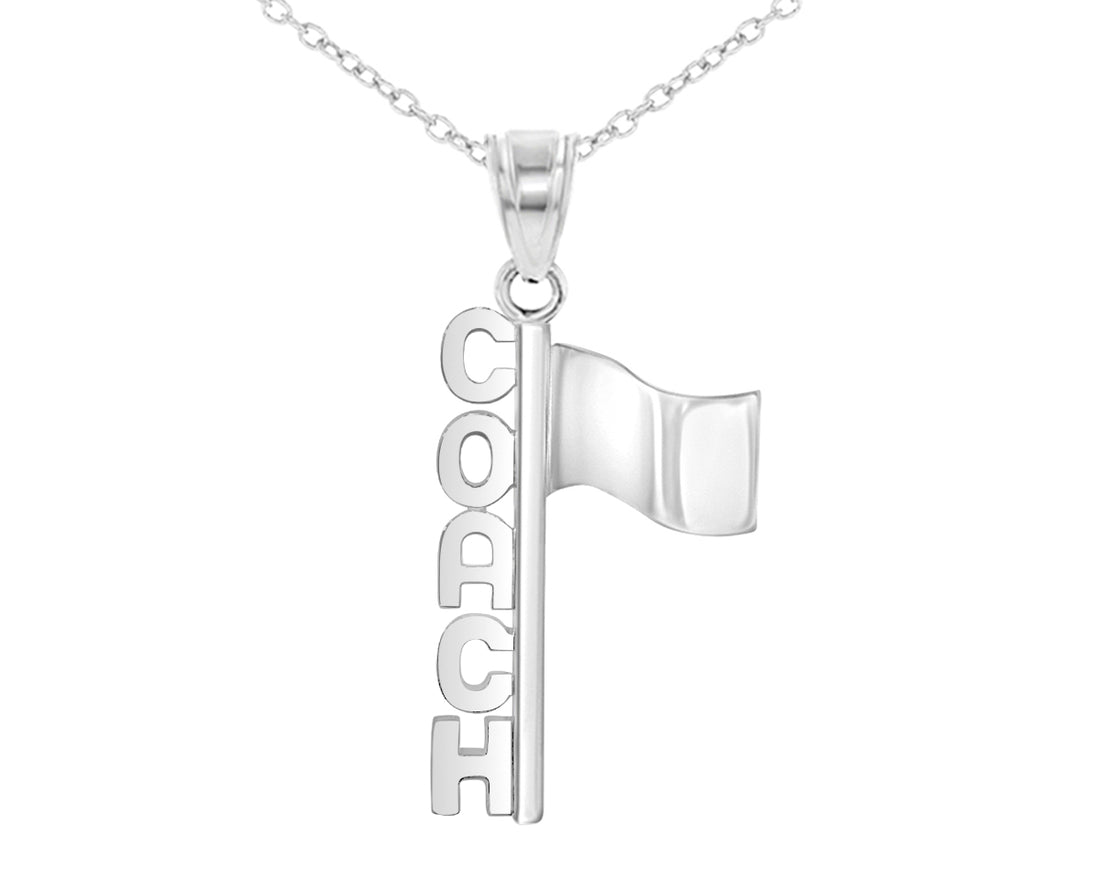A good coach can always bring out the best out of their team. The same is true with your drill team coach. Not only do they teach and mentor everyone in their team, but they are always looking to bring out the best in you. Students make the mistake of ignoring the lessons that their coaches offer, which eventually leads to negative results. But it’s always important to remember that a good coach plays a vital role in helping a team reach it’s peak. In fact, here are a few reasons why you should listen to your flag coach.
What Wonders Can Listening To Your Coach Do?
It’s very common for drill teams to think that the coach is just too harsh on them. However, putting faith in your coach’s teachings and listening to them can help you in the long run:
- A Stronger Bond between the Coach and the Athlete
A coach plays their part by being your teacher, mentor, and guide, sharing their wisdom with their students in the team. A major chunk of the athlete’s success depends on paying full attention to their coach’s instructions. If you lack anywhere, allow your coach to tell you your mistakes and listen carefully as they suggest ways to improve yourself during training.
It’s very likely that your coach is pushing you to help you break past your limits. Have faith in your mentor when they give you bits and pieces of their knowledge to help you improve. Being all ears to them strengthens the relationship between the coach and the athlete before and during the event.
- Bring Out your Best
Every person in a drill team or winter guard plays an equally important role in giving the best performance. And with all those eyes watching you, you want to make sure that you bring out your best, and that is only possible when you listen to your coach
They’re constantly assessing everyone in the team, and they’ll let you know where you can improve. Otherwise, you are more than likely to make mistakes and that could affect everyone in your team. You should listen to what your mentor has to say, as they might have some good suggestions for you. By actively listening to your performance feedback, you could improve coordination with the rest of the group. Your active listening becomes an indication that you are interested in improving and bringing out your best
Other than coaches, your team members can also point out where you were wrong; hence, don’t ignore them, and listen to their feedback.
- Constructs Mental Flexibility
The big-scale competition requires mental courage, flexibility, and steady focus. You can master these mental tools by listening to your instincts, and your coach. You are preparing for a huge event where the slightest mistake could jeopardize the entire performance. Your coach can help you better process emotions like fear and doubt, all while helping making you more resilient to the audience.
If you’re having trouble performing without the thought of failing constantly on your mind, your coach can help. Maybe you have an issue performing well under pressure, and experts can assist you in overcoming those fears, motivating you to shine that day.
- Team Dynamics are Boosted
There is no I in team, and you need to make sure that you and the other members of your group perform as a single unit. But that’s only possible by actively listening to your coach and getting their feedback on the team’s performance.
It’s time to put aside your doubts and complaints with other members of your team, show teamwork and prove that you are the best in the field. Try following non-verbal cues throughout practice that you can use during the competition. What are non-verbal cues?
Non-verbal cues can significantly help ease members of the team that are likely to forget under pressure. But with a handful of visual cues, you can talk to them without having to say a word. Your coach will establish these non-verbal cues.
Listen and observe to what they say exclusively to you because it uplifts the team’s spirits. Don’t ignore these tips, thinking you will do well on your own. You want to make sure that you’re working together with your team to bring in the win.
- Athletes are Able to Respond to Any Circumstance
Many factors come in between the execution of certain sports events and an athlete should be ready to respond to changing circumstances. Be it a last-moment change in strategies or weather conditions.
How can you show your adaptability? By listening. If you actively listen to your coach or other members of your team, you will not have any issues adjusting and making new decisions. You will be well prepared for anything that crosses your way and could possibly affect the rest of the team’s performance.
- Building trust among Team Members
Listening is a powerful tool and is effective in building trust, which is another crucial element that contributes to the success of a team. You’re more likely to trust your teammates when you trust your coach too. Know that your coach is just as passionate about watching the team succeed as you are, so they won’t leave any weak links. And when the team starts performing competently, it’s members are more likely to trust each other.
Can an Athlete End Conflict with Their Coach?
Everybody has a right to their opinions, and it's possible that you disagree with your coach on a few points. But you have to be very careful when you bring it up with your coach. The best way that you can end these types of disagreements is by respectfully disagreeing with them in private. It’s important that you do not disagree with them in front of the rest of the team.
At the end of the game, you can always give your coach and teammates guard and flag jewelry.

